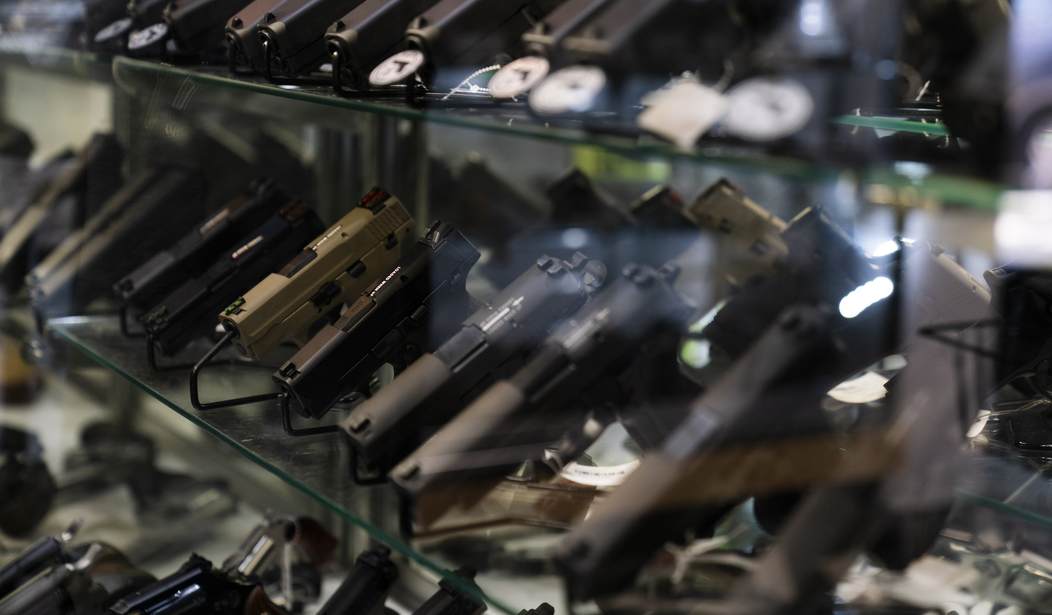Officials have examined the events surrounding the Lewiston mass murder and reached a conclusion. They say it was, for the most part, a law enforcement failure, that the police had all they needed to act and yet, they didn't.
This comes after weeks of debate over what precisely Maine should do in response. Many lawmakers wanted to change the state from a fairly pro-gun state to something that looked a lot more like California than Texas.
Yet it seems that the report may well throw a monkey wrench into what was already set to be a challenging debate.
The Lewiston mass shooting commission’s preliminary report that chiefly blamed police and the U.S. Army Reserve for failing to act on the gunman’s warning signs has sent gun-control backers and opponents to their corners.
But the report released late Friday has also accentuated the rockier political path for more sweeping gun-control measures introduced after Maine’s deadliest mass shooting on record while ramping up debates about whether to strengthen the state’s “yellow flag” law.
The more centrist Democrats who may play a decisive role in helping pass or defeat the suite of measures introduced after the Oct. 25 rampage that left 18 dead and 13 injured are supporting mental health-focused bills from Gov. Janet Mills and House Speaker Rachel Talbot Ross, D-Portland, and are not rallying behind 72-hour waiting periods and a bump stock ban.
...
Republicans used the report to argue Tuesday against gun control and in support of more awareness and police training on the state’s yellow flag law, which Mills helped craft several years ago in place of a more stringent “red flag” law that does not require family and police to seek a mental health evaluation before asking a judge to temporarily remove weapons from people deemed dangerous to themselves or others.
“Maine’s existing yellow flag law could have changed the course of events,” said Rep. Sheila Lyman, R-Livermore Falls, adding the report “named the real problem: mental health.”
But Senate President Troy Jackson, D-Allagash, who has opposed several gun-control measures in past years but has voiced general support for them after the shooting, acknowledged the report while feeling “there should be a pathway for close family members to begin the temporary firearm removal process,” Christine Kirby, his spokesperson, said Tuesday, hinting at support for a shift toward a red flag law.
The more centrist Democrats, of which there are a fair bit of in Maine, aren't going to jump up and down on the opportunity to pass new gun control laws, at least not beyond what Gov. Janet Mills has proposed.
While it is the best opportunity Maine's anti-gun crowd has had to really impact the state's gun laws in quite some time, the truth is that we now know that the issue wasn't a lack of gun control.
Kirby, in talking about the move toward a red flag law, argued, "This is especially important when we are talking about parts of the state that have a shortage of law enforcement officers and a lack of resources." She's referring to the fact that the yellow flag law didn't actually fail in this case, but that Maine should go down the red flag law rabbit hole.
However, that's a pathetic argument. If they lack resources to do their job, then why aren't lawmakers trying to get them more resources?
Either way, most anti-gun efforts don't seem to have any chance of actually passing. Mills' own proposals have the best chance, but even those are going to have a tougher road to travel than they might otherwise.
In other words, Maine might be more anti-gun by the end of the year, but it'll only happen kicking and screaming.








Join the conversation as a VIP Member